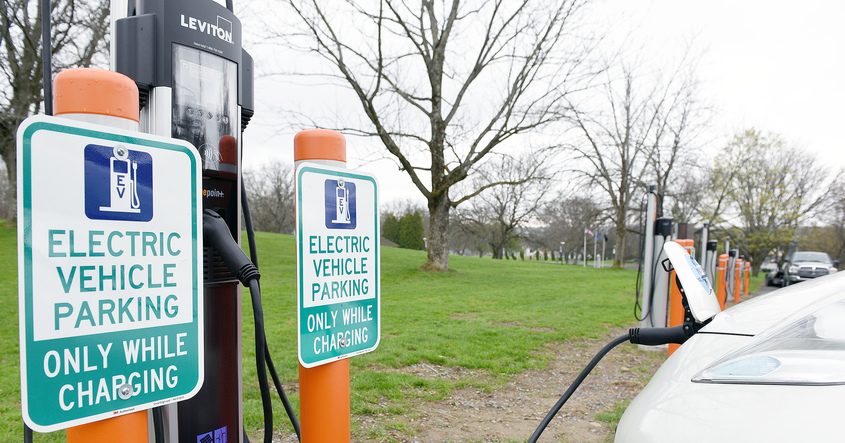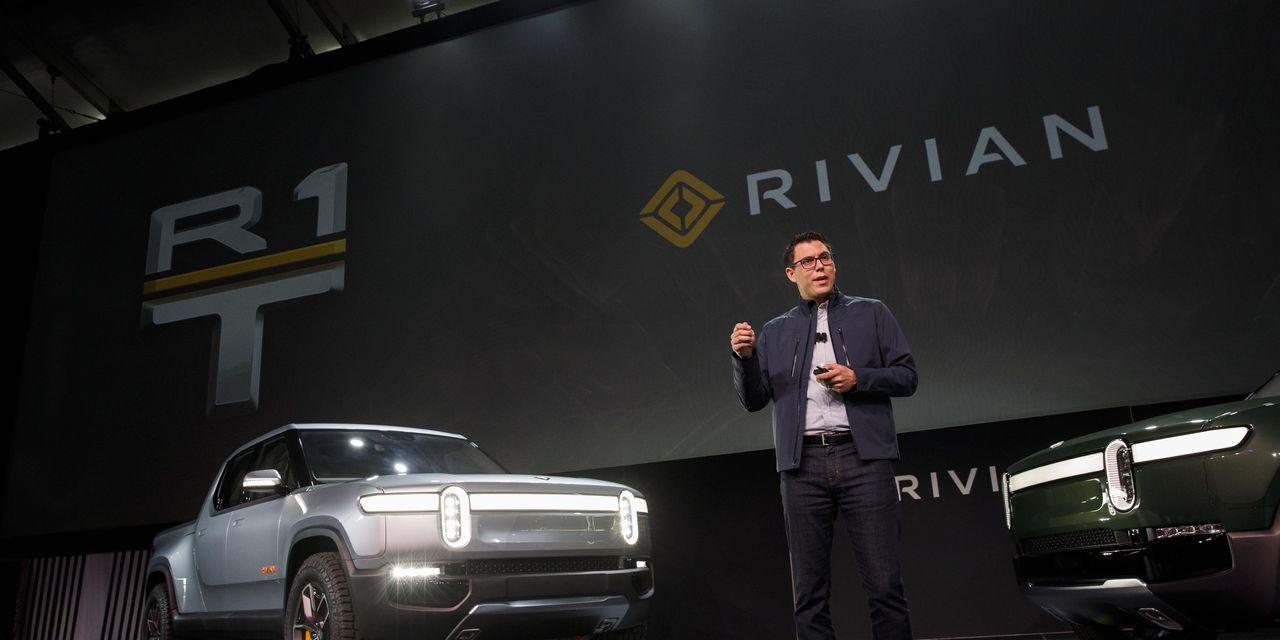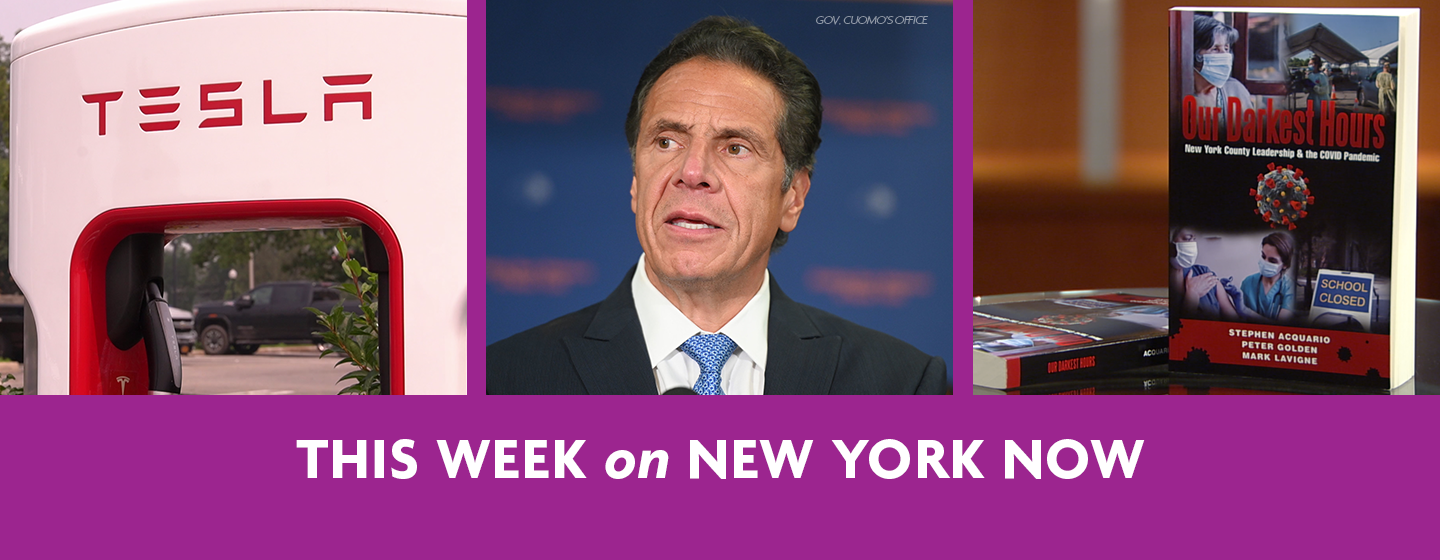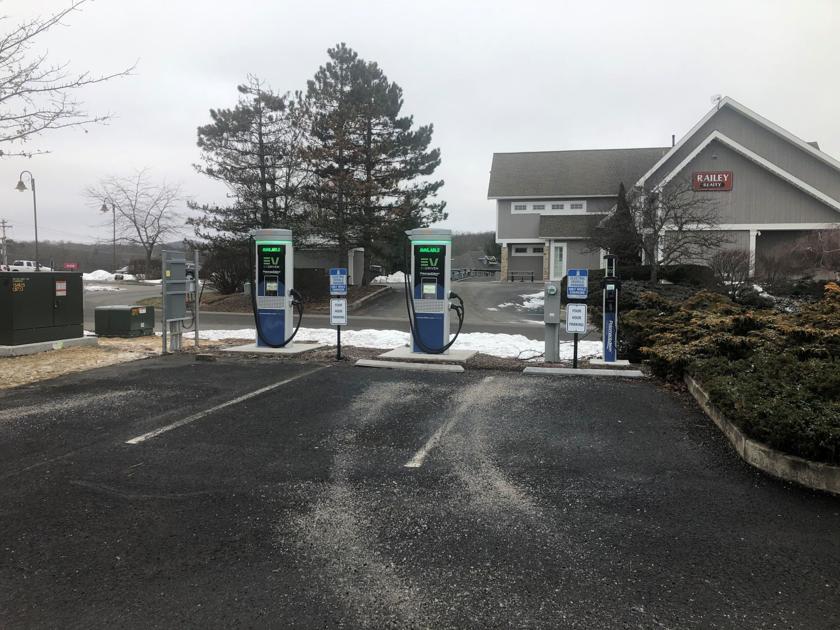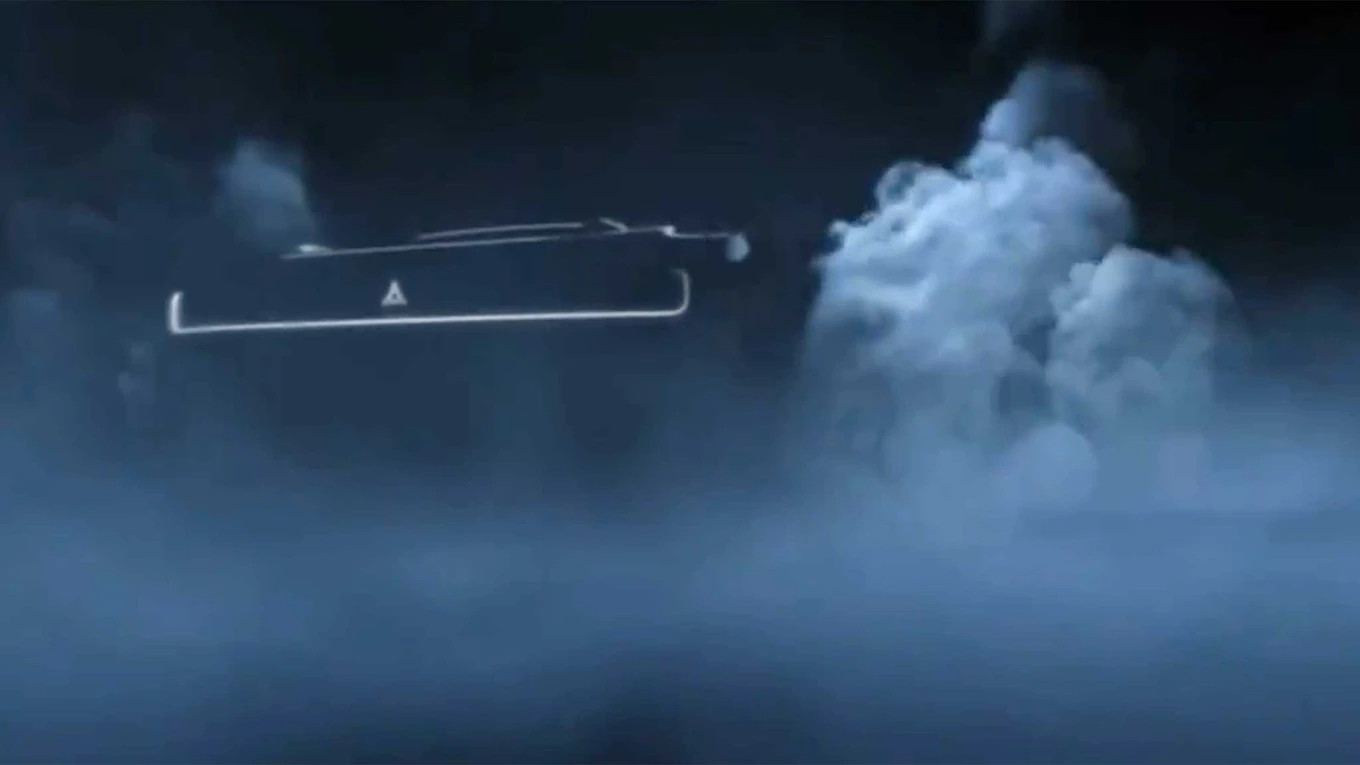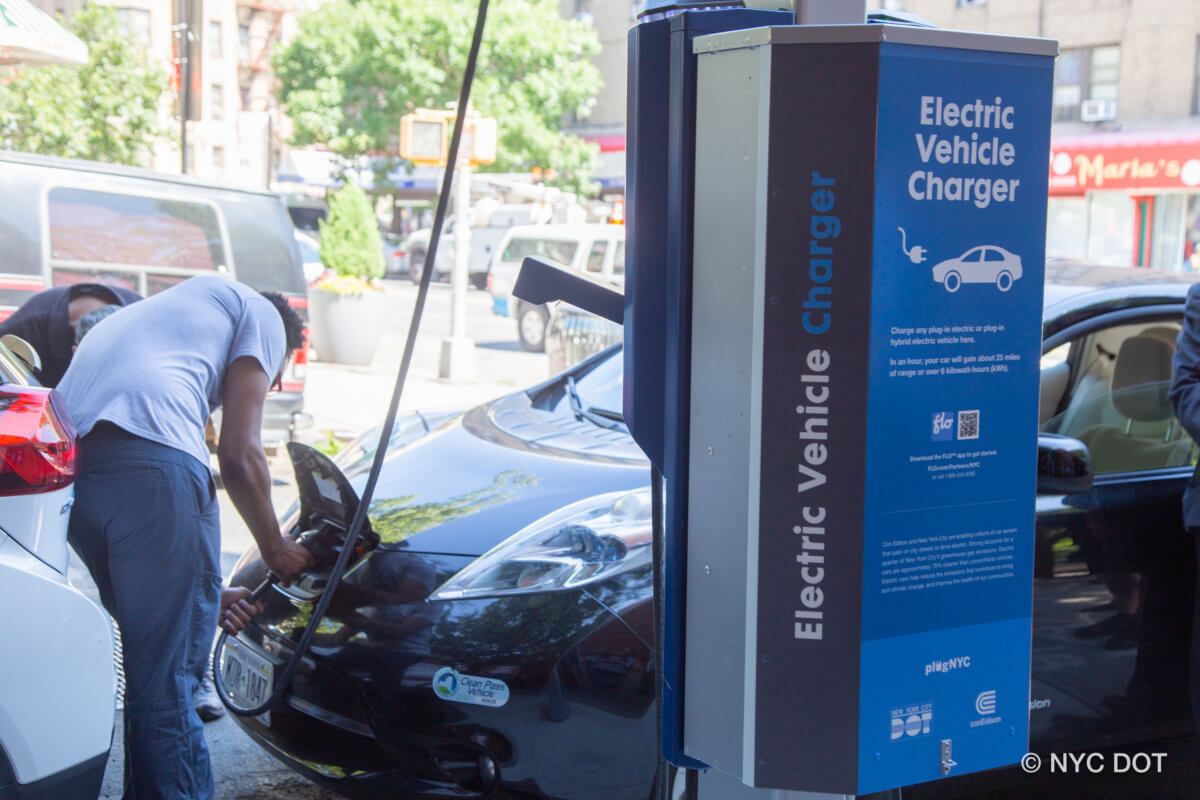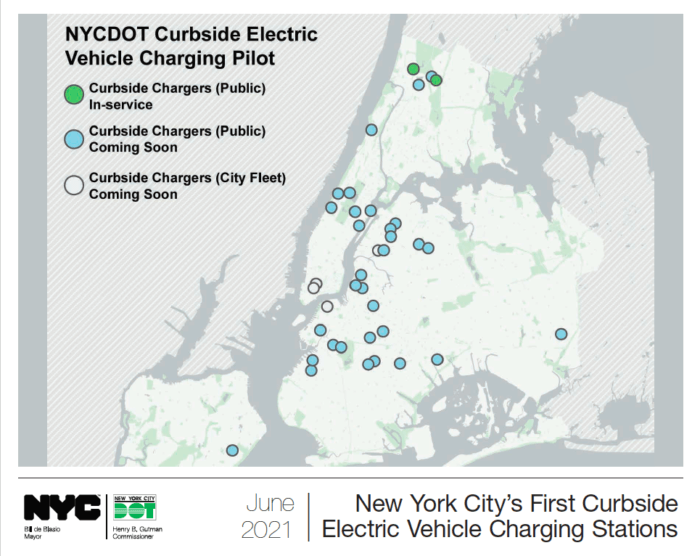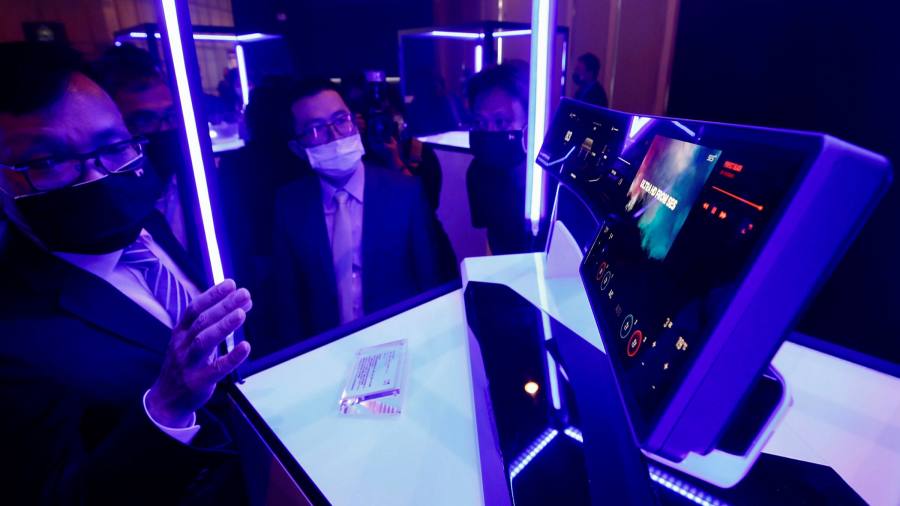FORT PLAIN – The Fort Plain Village Board discussed the possibility of discontinuing electric vehicle charging stations because they’re a money-loser. Board members were concerned because the charging stations have earned less over three years than the annual fee the village pays to use them.
The Fort Plain Village Board approved the installation of the electric vehicle charging stations downtown about three years ago in an attempt to secure NYSERDA Clean Energy Communities grant funding. Though the village successfully completed several energy-saving actions, the village of Canajoharie completed them faster, receiving the available pot of grant money.
Recently, Fort Plain was billed $700 — an annual subscription fee for the EV stations’ monitoring and use. The units have only generated $332 from public use over two years after free charging was offered the first year.
“I’m not in favor of continuing with this EV charging station,” said Michael Calbet, a board member. “We can’t come up with $600-$700,” a year in taxpayer funding. “There’s not enough usage for that.”
The board agreed to maintain the subscription for the charging stations for five years. According to Amanda Kaier, coordinator of Clean Energy Communities for the Mohawk Valley Economic Development District, a contract with the state Department of Environmental Conservation supplied $10,000 to buy EV charging stations.
While the subscription can be canceled at any time, the DEC could potentially ask the village to return the grant funding if the board reneges on the agreement.
Kaier noted that she could help the village “close the gap” in funding by advertising the existence of the EV units by adding them to an online map and issuing a press release. The cost to use the stations could also be raised.
“I’m not interested in making up the gap,” Calbet said. “If I had known that was a five-year commitment, I never would’ve agreed to it.”
Commented Mayor Mark Nearbin, “Part of the dilemma is that we’ve had this charging station for three years. We’ve made just shy of $332. That’s why it’s a very hard pill to swallow to use taxpayer funding of $700 a year when it’s taken us three years to make less than half of that.”
“What we want is to not have to pay for something we’re not using. This isn’t our money — this is the village’s money,” said Nearbin.
Kaier said the board could potentially qualify for $5,000 in grant funding as part of the Clean Energy Communities initiative, utilizing points they’ve accumulated via already completed energy-saving actions. She also outlined further activities that could net the board additional points.
The village board, Kaier noted, could potentially receive the grant in a relatively timely fashion, with money being dispersed a month or two after application.
Kaier said she’d review the paperwork signed between the village and DEC, and will resume the conversation with the village board in the near future.
The board on Tuesday also agreed to renew an arrangement with Nestle Waters — now Blue Triton Brands — to study spring water resources in Ephratah. The original two-year contract is up this month. With much work unable to be completed last year — as COVID-19 struck mid-contract — the board agreed to renew the exploratory agreement for one additional year.
Nobody spoke during a one-minute public hearing held prior to the official village meeting, which provided the public an opportunity to comment on the submission of a CDBG grant application for sewer funding.
The Village Board also scheduled a public hearing for 6:55 p.m. prior to the next monthly meeting, scheduled for Tuesday, Aug. 17. That public hearing will provide residents an opportunity to comment on the amendment of several building permit codes. Information regarding the code alterations is available at the Village Office, and will also be viewable during the public hearing.
More from The Daily Gazette:
Categories: Fulton Montgomery Schoharie, News
